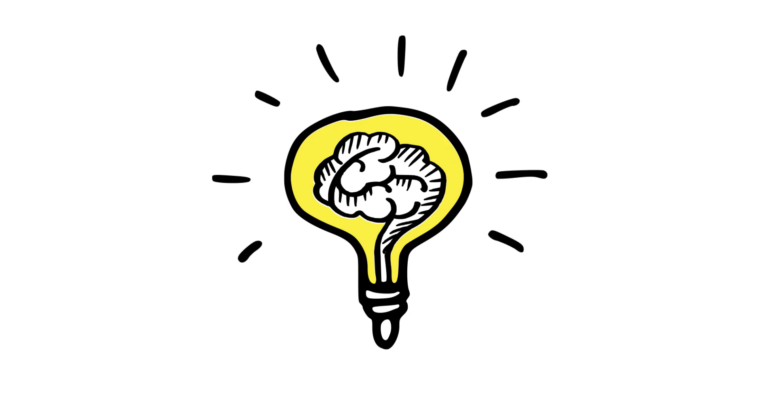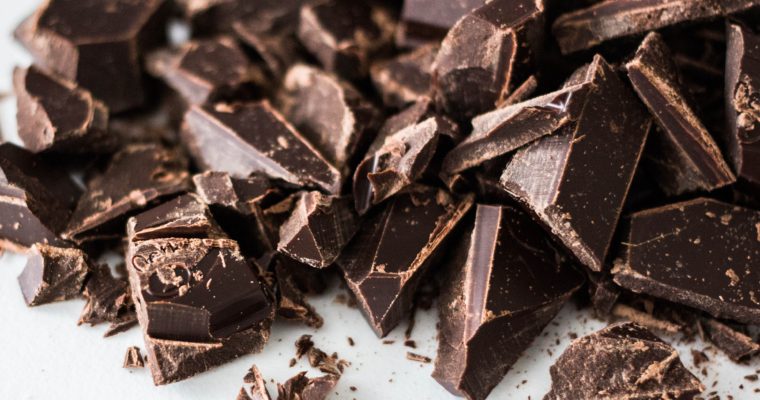Photo by Lucaxx Freire on Unsplash
Researchers from the University of California (UCLA) have discovered that adults that spend more time sitting in the day had greater thinning of the medial temporal lobe, the area of the brain that is important for making new memories.
The Study
The small study included 35 adults between the ages of 45 and 75, without dementia. In the report, published in the journal PLOS ONE, the authors concluded that even high levels of physical activity did not make a difference. The data on average hours spent sitting every day and physical activity levels came from detailed questionnaires that the men and women filled in. Medical temporal lobe thickness was measured with MRA scans of their brains.
When the data was analyzed, the researchers found “no significant correlations” between levels of physical activity and medical temporal lobe thickness. However, they did find that the more sedentary people had less medical temporal lobe thickness. Because of this, the authors suggest that “sedentary behavior may have deleterious effects on glycemic control”, which could result in increased variability of blood sugar and lead to reduced blood flow in the brain, which in turn, impairs brain health.
Boost your Memory
There is a slowing of brain function that occurs naturally as we age. The numerous tiny power plants found in each nerve cell become old and wrinkles and their efficiency decreases, having a direct correlation on your brain energy. When you restore energy production, you improve the efficiency. By incorporating specific nutrients that address the health of these tiny power plants and lifestyle changes, you can protect your brain and increase your energy.
1. Food for Memory
Foods like walnuts, blueberries, cocoa and cinnamon have been hailed as memory boosters. You’ll want to avoid processed foods, trans-fat and sugar. You can even take supplements to promote good brain health too.
2. Get in a Good Workout
Exercise increased the oxygen levels in your brain, decreases stress hormones and increased the effect of helpful brain chemicals. Research has proved that aerobic activity and resistance training combined boosts brain power, and improves cognitive abilities.
3. Nap Time!
Skipping those 7-9 hours of sleep each night has been shown to interfere with the brain’s ability to form new memories. Sleep helps to maintain healthy physical and mental health, especially our memory.
4. Brain Health Supplements
Superior brain health supplements have been shown to benefit mental clarity, memory function, cognitive ability, and focus. Supplements like Phophatidylserine, NADH, DHA, ALA, and Ubiquinol have been shown in numerous studies to benefit brain health.
Read the full study here: http://journals.plos.org/plosone/article?id=10.1371/journal.pone.0195549
What do you think about this study? What do you do to power your brain energy?





